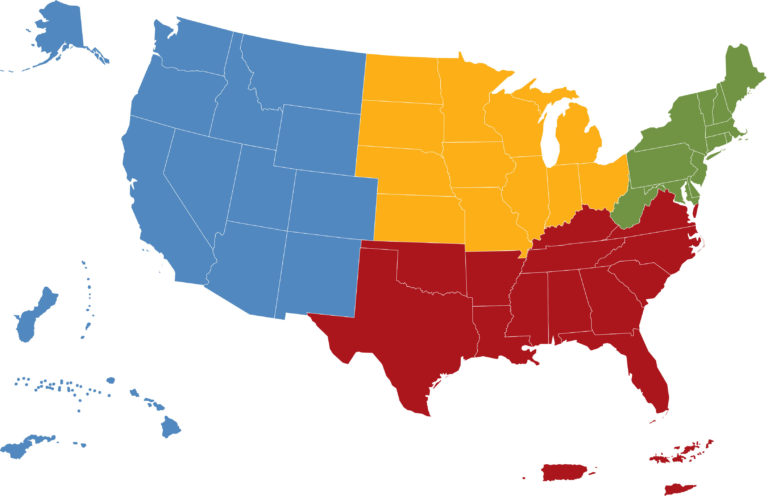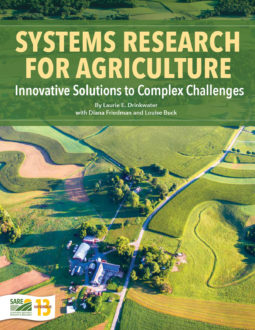Each SARE region offers a competitive Research and Education grant program, which can be used to fund multiyear, interdisciplinary investigations of agricultural systems. Smaller partnership grants are also available, designed to encourage agricultural professionals to team up with farmers to conduct on-farm research and demonstration projects. From its very beginning, SARE has regularly funded projects that focus on various parts of agricultural systems. SARE grantees have studied the benefits of soil-protecting cover crops, alternative methods to broad spectrum chemicals such as Integrated Pest Management (IPM) and biological control, and integrating crops and livestock. Considered “alternative” practices two and a half decades ago, IPM, cover cropping and many other approaches that promote sustainability are far more common now and are well integrated into many mainstream agricultural research projects and operations. This is in large part due to SARE’s long standing commitment to funding innovative research, which alongside changing societal attitudes has led to public pressure for a cleaner food supply and environment.
Over the years, SARE has also funded a handful of full systems projects, including the Sustainable Agriculture Farming Systems Project (SAFS) at the University of California, Davis (p. 35); the Farming Systems Research Unit at the Center for Environmental Farming Systems (CEFS) at North Carolina State University (p. 20); and the University of New Hampshire Organic Dairy Farm Agroecosystem Study (p. 76), all of which are featured as case studies in this handbook. (See Table 3.1 on p. 44 for a list of current agricultural systems projects in the United States, including ones that have received SARE funding.) However, many proposals received by SARE to study full systems have illuminated the fact that, to a large extent, the agricultural research community lacks a common definition of agricultural systems research.

In response, SARE’s Southern region funded the development of an advisory handbook to provide a theoretical basis for agricultural systems research and also to serve as a user-friendly guide for researchers, farmers, extension agents, educators, policymakers and other natural and social scientists seeking to implement a systems approach to agricultural research. The result is this handbook, Systems Research for Agriculture, which is designed to assist investigators in furthering their understanding of agricultural systems research while providing hands-on guidance through the multiple steps needed to implement such a project.
For more information about SARE grant opportunities, begin by visiting sare.org/grants or contact the appropriate SARE region. Find regional contact information at sare.org/about/staff.
